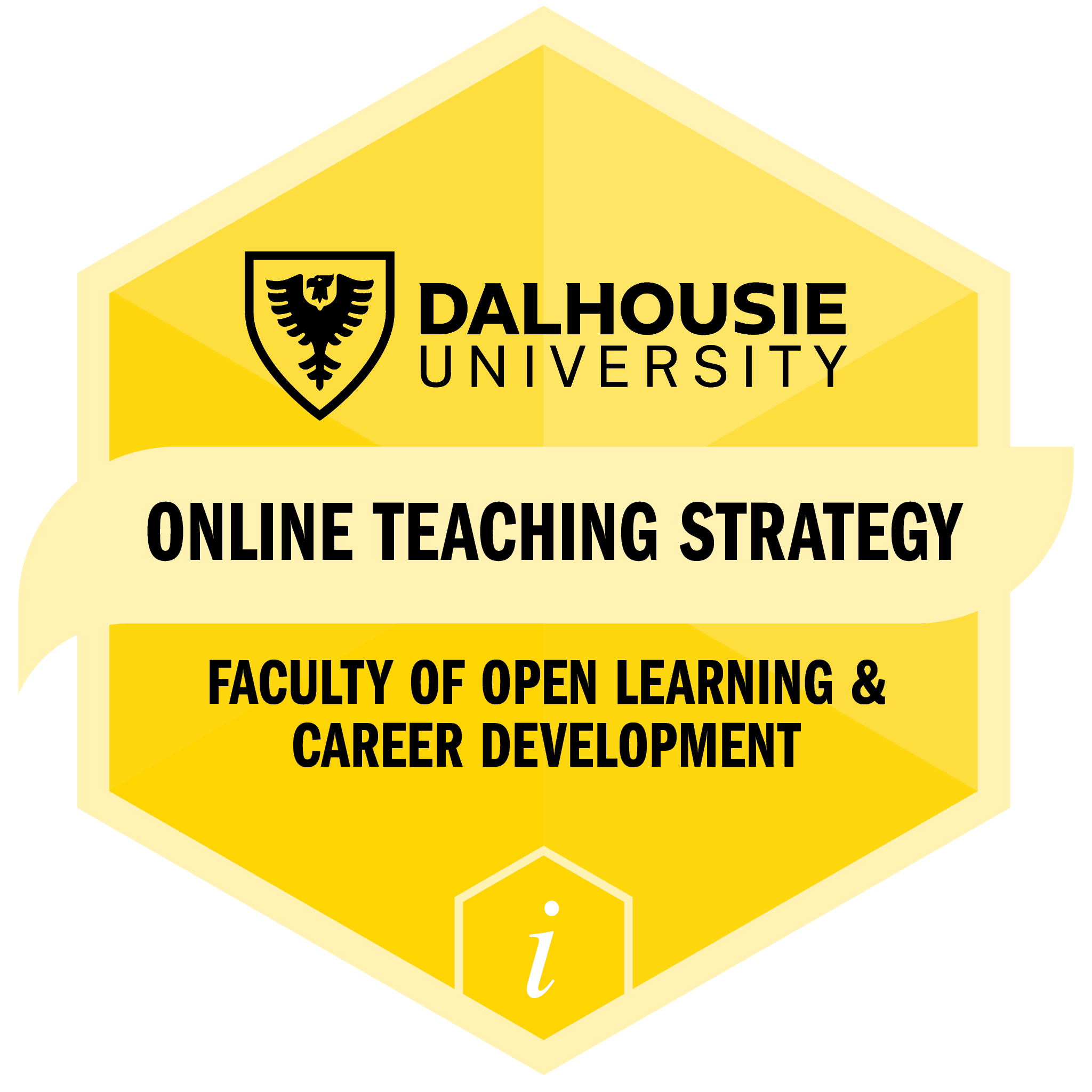Course Description
This course focuses on the benefits and challenges of adult learning in an electronic environment. While many people consider e-learning to be primarily learning completely online, there are actually a number of different types of e-learning delivery methods. In this module, the benefits and challenges of e-learning solutions for adult learners will be examined. Participants will be shown the difference between text-driven, interactive, and simulation e-learning.
Based upon the specific needs of their final project, participants will create a training plan using a blended learning component for their project. Participants will also be shown different examples of how e-learning solutions can and have been implemented.
Course Outline
- Module 1: Foundations of Online Teaching and Course Design
- Module 2: Developing Content and Engaging Students Online
- Module 3: Designing Inclusive and Engaging Online Learning Experiences
What You Will Learn
Upon completion of this course, learners will be able to:
- Describe and analyze the challenges experienced by Learners and Instructors in on-line learning;
- Apply a framework for approaching the design of an engaging and inclusive online learning experiences;
- Compare and contrast different formats of learning and learning activities;
- Describe the importance of active participation and strategic planning in course design, including the use of interactive activities that cater to various learning and accessibility needs;
- Evaluate the effectiveness of various online teaching tools and strategies, including Learning Management Systems, video conferencing platforms, and individual engagement tools, to create an engaging and inclusive online learning environment;
- Analyze and adapt process tools and technology as a method to increase engagement and encourage interaction with diverse and introverted groups;
- Critically evaluate and integrate different learning formats and Universal Design Principles into online learning environments, demonstrating the ability to create accessible and inclusive online learning experiences for a diverse range of learners;
- Identify the technological opportunities and challenges related to common on-line platforms that impact the overall online learning experience;
- Create and design an online course that intentionally creates community and instructional presence.
Microcredential
This course provides learners with the opportunity to earn a microcredential. A microcredential is evidence of a skill or competency that is employment related. Dalhousie microcredentials are developed in collaboration with employers, industries, and/or organizations that relate to the content. A microcredential can be displayed on social media pages, digital resumes, personal webpages, and in email signatures. To earn the microcredential in this course, learners will need to successfully complete a competency-based assessment.
Learn more about this Adult Education microcredential on our website.
Notes
For more information, please contact openlearning@dal.ca.
The Faculty of Open Learning and Career Development recommends an intermediate level of English language proficiency for the most effective learning and participation in our online and face-to-face courses. A list of minimum recommended scores on some common English tests can be found on our website. If you have questions about your English language proficiency and ability to succeed in this course, please contact openlearning@dal.ca.
Applies Towards the Following Certificates
- Certificate in Adult Education : Required
- Non-Credit Diploma in Professional and Leadership Studies : Elective Program - Adult Education and Training
